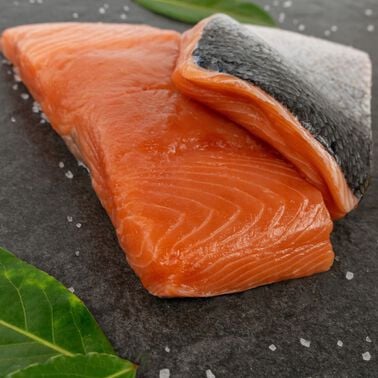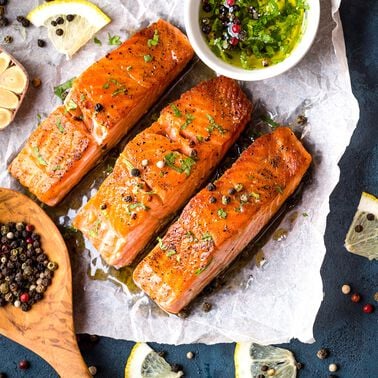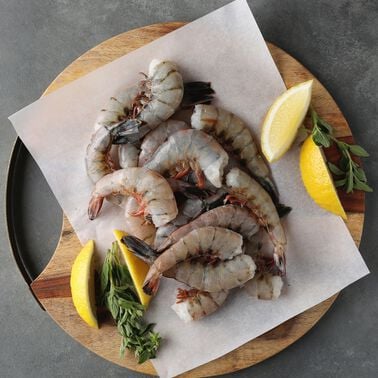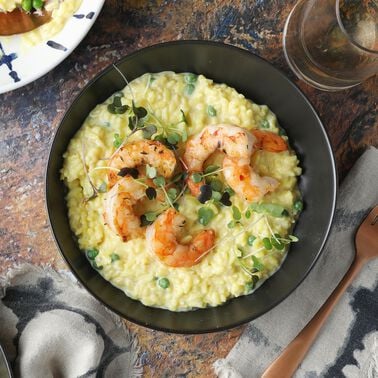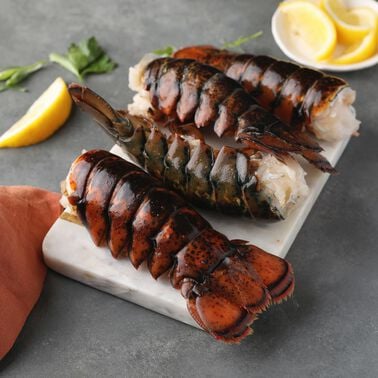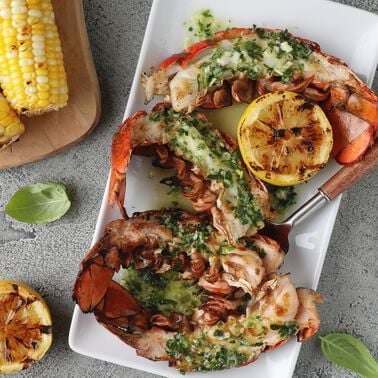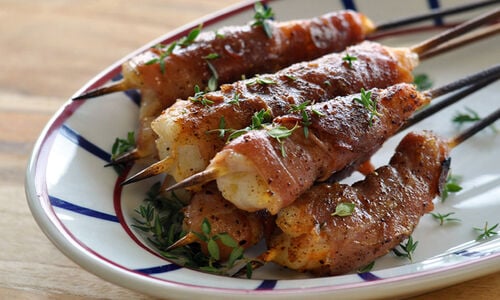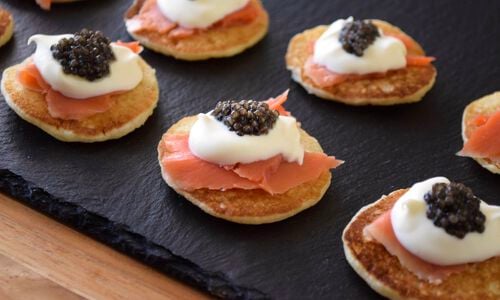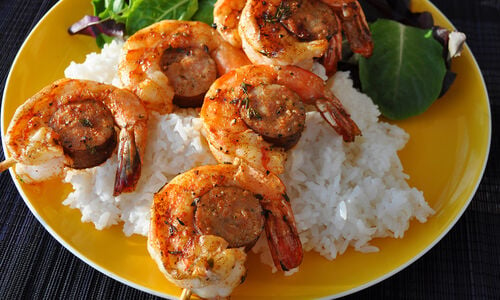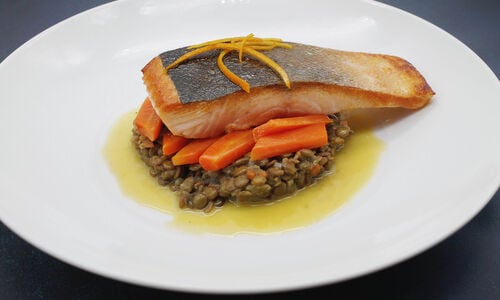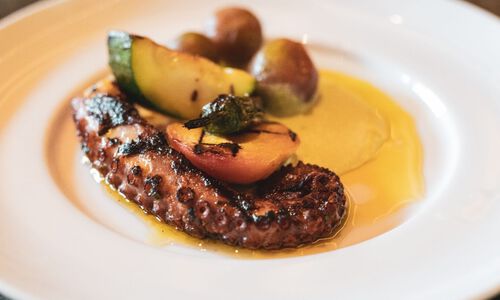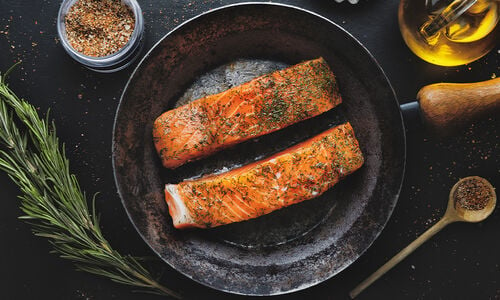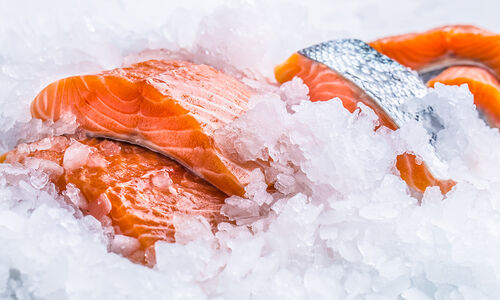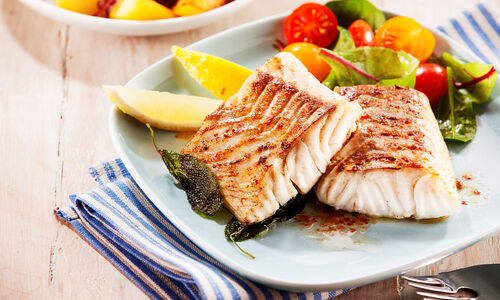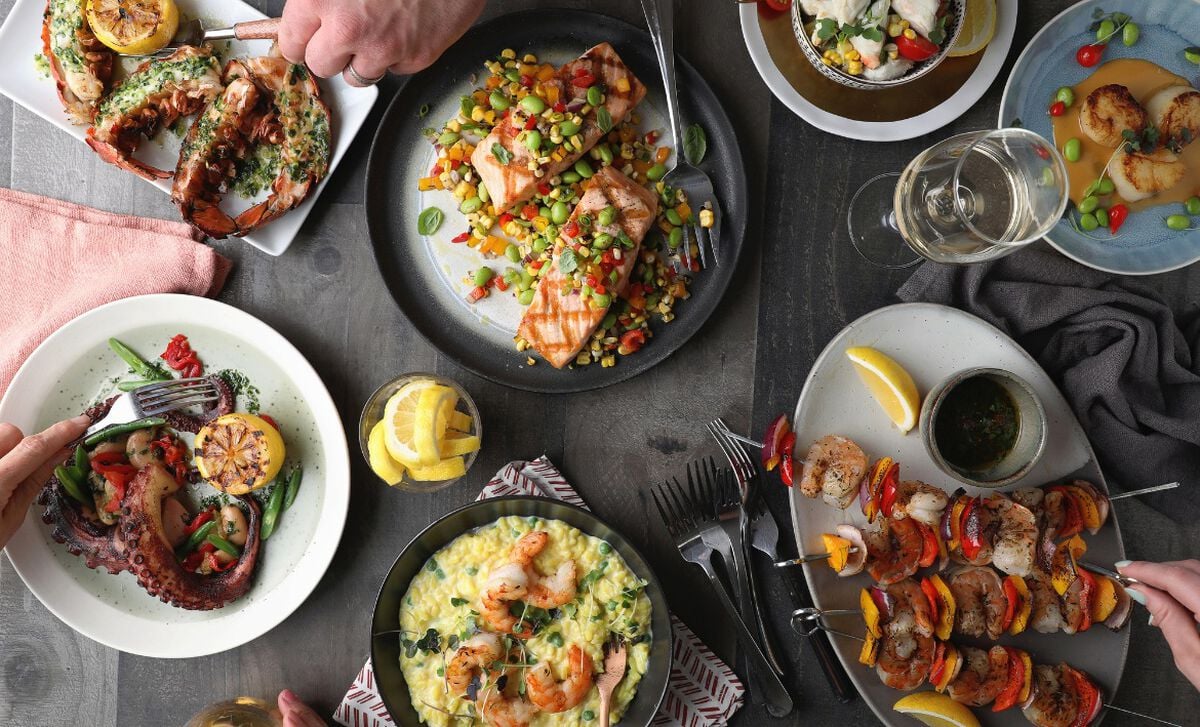
At the request of our growing community of conscientious food lovers, D’Artagnan is diving into the deep waters of sustainable seafood. Our commitment to working with conscientious farms and ranches that respect the environment, and the animals, has expanded to include the fish of the sea.
Oceans may cover more than 70% of the earth’s surface but the demand for seafood around the world puts pressure on fish populations and their habitats. Overfishing and other irresponsible practices cause depletion of species and can damage fragile ecosystems. What is an informed seafood lover to do? Seek sustainable options that are caught or farmed with a focus on the future of the fish population and the health of the ocean.
About Our Sustainable Seafood
All D'Artagnan seafood is certified sustainable, fair trade, or organic by third-party watch groups. Most of our selection is wild and line-caught, though some are sourced from responsible, pristine aquafarms.
Our certifying watch groups include the Monterey Bay Aquarium (MBA) Seafood Watch, which has developed a program that ranks seafood choices with a scientific system and maintains one of the best-known lists for sustainable seafood. The iconic logo has become synonymous with responsible seafood choices. MBA also works with businesses and governments around the world to increase both the demand for and reliable supply of, sustainable seafood.
The Marine Stewardship Council (MSC) is another certifying agency that monitors fisheries around the world. Seafood with the MSC blue label meets their stringent standards: only healthy stocks are fished, stocks are well-managed for the long term, and impact on other species and the wider ecosystem are minimized.
The Best Aquaculture Practices (BAP) certification program is comprehensive and monitors farmed fish to relieve pressure on wild fish stocks. BAP standards address food safety, environmental responsibility, social accountability, and animal health and welfare, and they are the only certifying agency that covers the entire production chain, including hatchery, feed mill, farm, and processing plant.
Some of our fish is certified by another gold standard for monitoring farming practices on land - and now at sea - the Global Animal Partnership (GAP).
Frozen at Sea
To maintain flavor and freshness – without using additives and preservatives – our fish is quick-frozen at sea, or within hours of the catch. This process is known as IQF - Individual Quick Freezing - which not only preserves fish at peak freshness but also dramatically reduces carbon emissions from air transport and reduces waste because the quality of the seafood is maintained. In essence, fish that is frozen soon after the catch will offer better flavor and texture to the home cook.
To protect the cold chain, all our sustainable seafood items ship separately from meat in eco-friendly compostable boxes - at no additional shipping cost.
